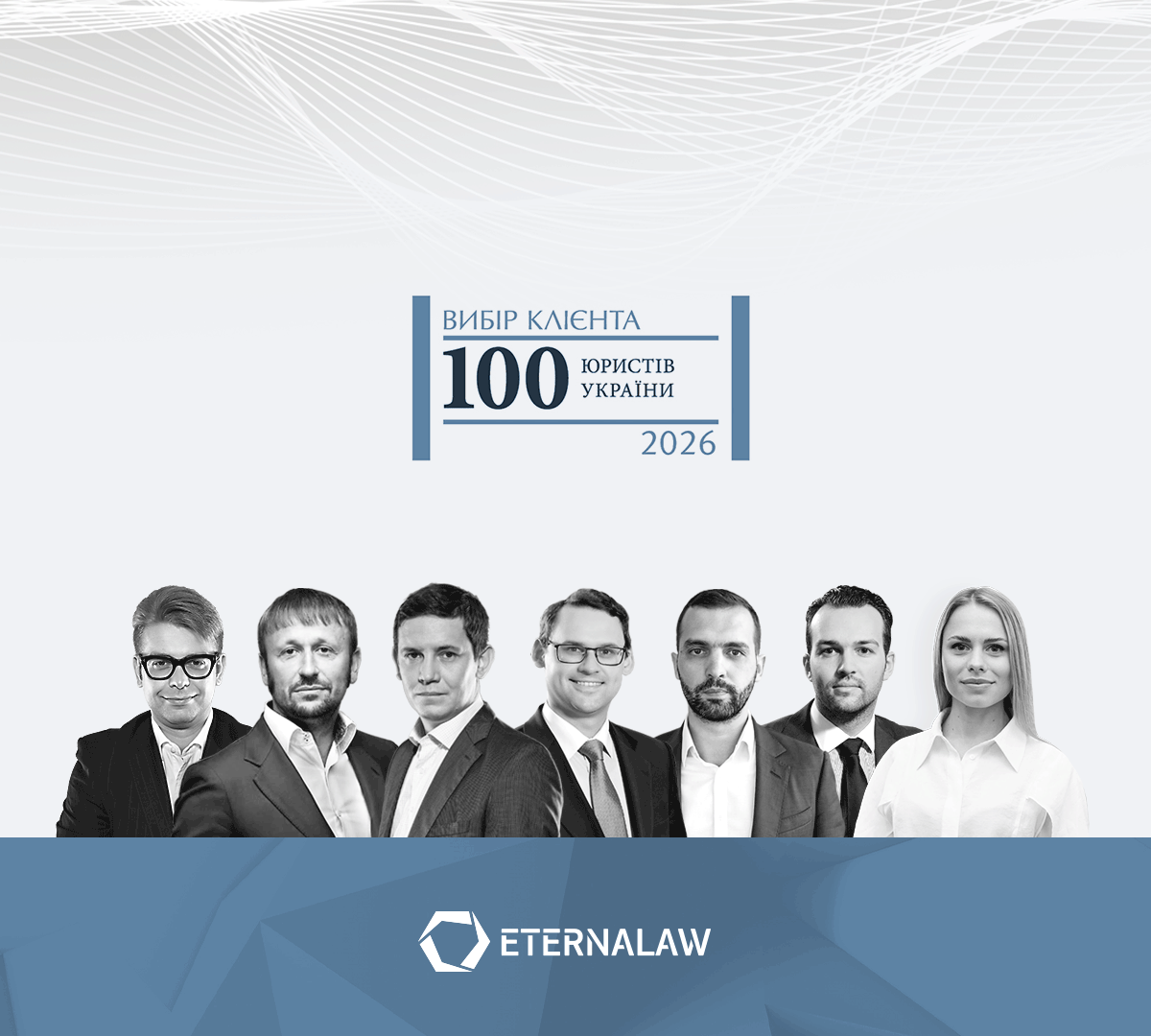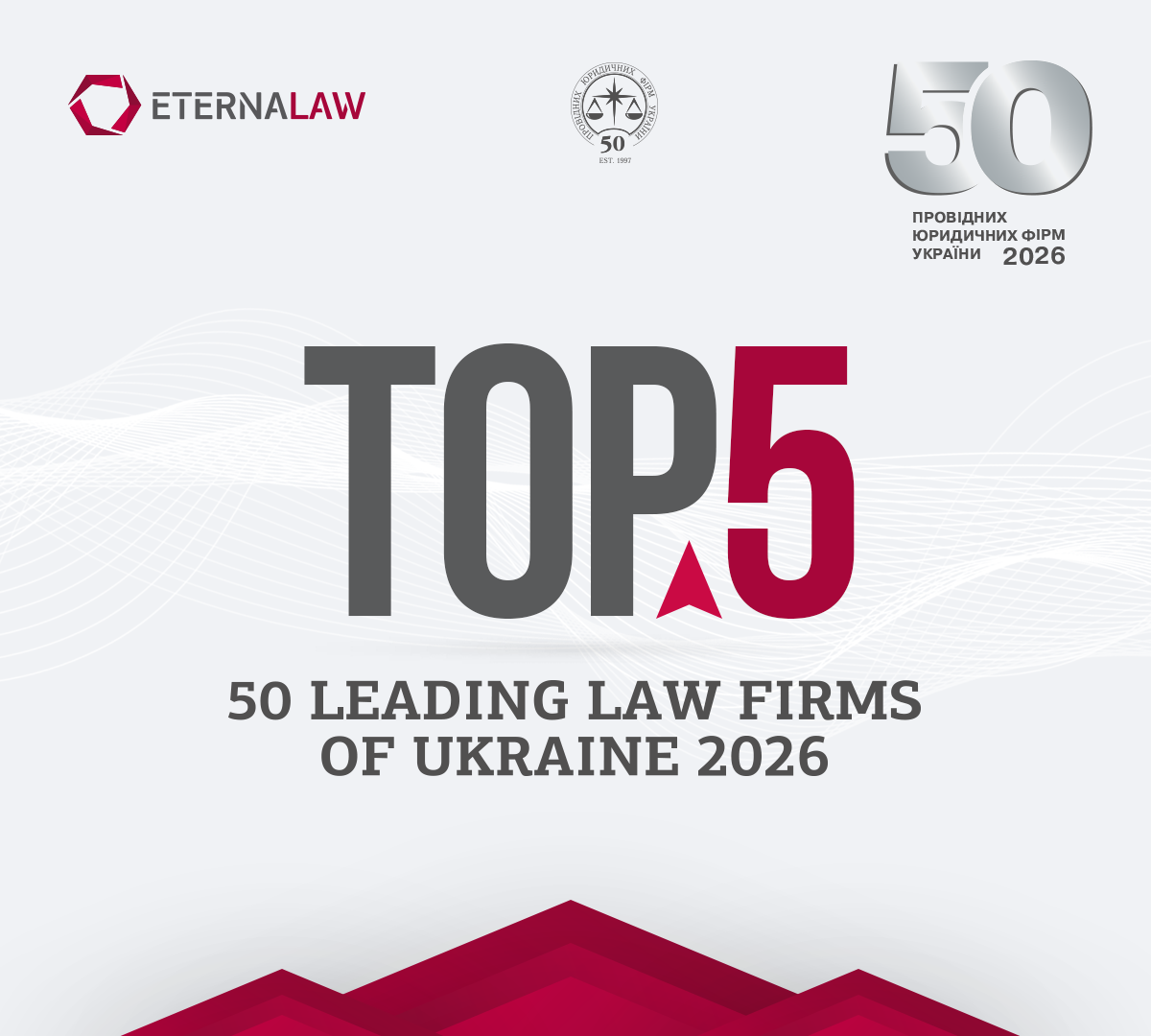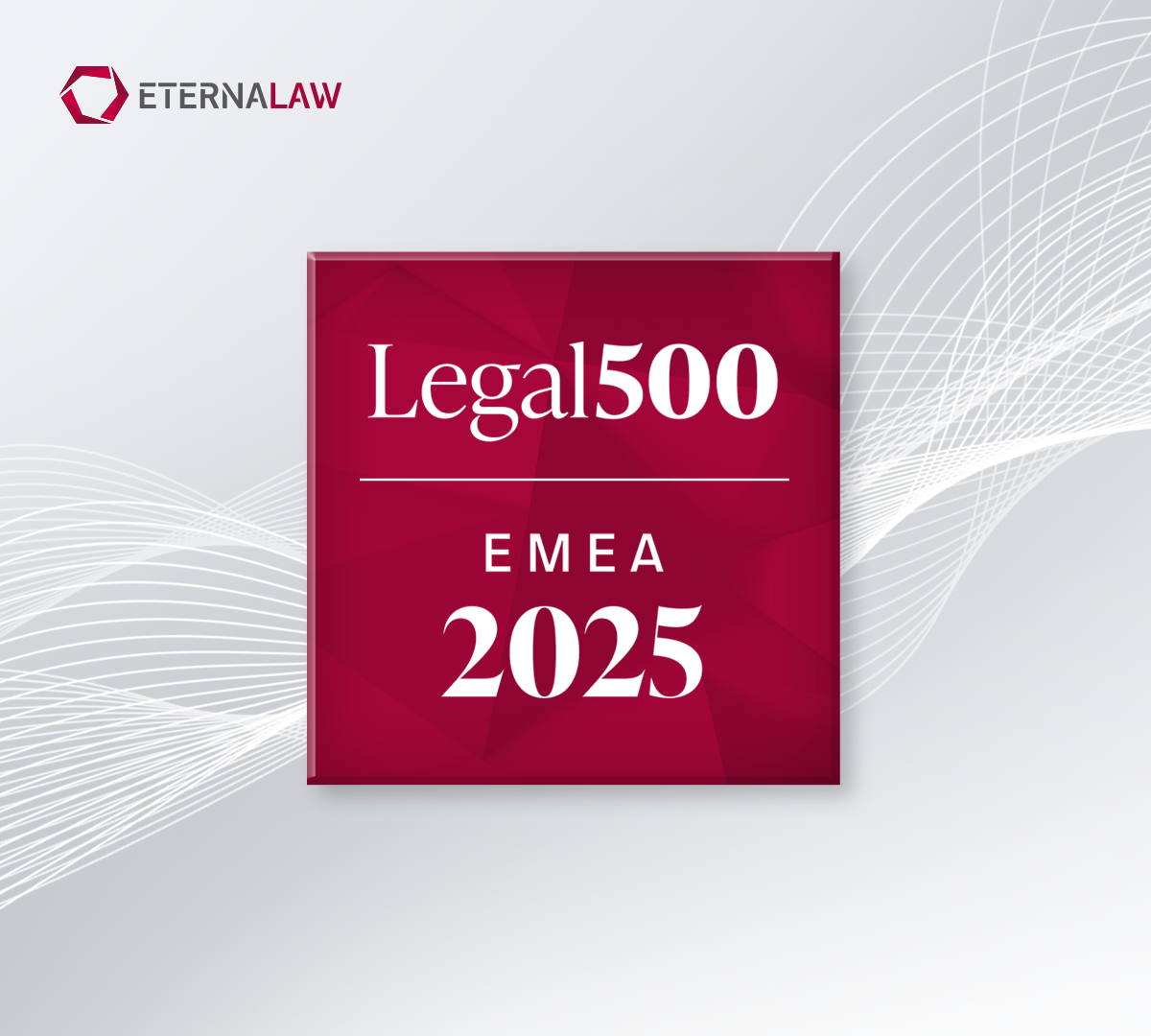In this dispute, ETERNA LAW lawyers prepared an evidence base and developed an effective strategy to protect the interests of the Client, who has been investing in the Ukrainian industry for ten years, in particular, the agricultural sector, food industry, livestock farming, trade, etc. Within the framework of this legal proceeding, complex legal issues were raised and analyzed regarding the legal capacity of the parties, the validity of the arbitration clause, the legality of referring the dispute to the arbitration court and the absence of violations of the arbitration procedure.
The Supreme Court analyzed and assessed the issue of the limits of consideration by Ukrainian courts of cases on recognition and enforcement of foreign decisions, the essence and features of the application of the clause on public order at the stage of recognition and enforcement of foreign decisions, the essence and understanding of the concept of circumvention of the law and the consequences of the choice of law made by participants in legal relations with a foreign element.
The Supreme Court, having considered the case, recognized and allowed the compulsory execution of the Award of the Arbitration Court of the Swiss Arbitration Center regarding the collection of a debt in favor of an investment fund.
The team of international judicial practice ETERNA LAW worked on the project, namely, the Associate Oleksii Metel under the supervision of Counsel Lidiia Zhovtiak and Partner Oleh Beketov.
“Within the scope of consideration of this case, the Supreme Court carried out an in-depth analysis of the concept of public order and once again emphasized the inadmissibility of using the public order clause for groundless refusal to recognize and grant permission for the enforcement of a foreign decision. The Supreme Court indicated that the public order clause at the stage of recognition and enforcement of a foreign arbitral award “does not allow the recognition of an arbitral court decision on the territory of the state if, as a result of its implementation, actions are taken that are expressly prohibited by law or harm the sovereignty or security of the state.” The importance of this decision for the protection of investors’ rights is difficult to overestimate, especially considering how often in practice bad faith debtors try to use the evaluative nature of the concept of “public order” in order to avoid fulfilling their obligations to foreign creditors,” noted Oleh Beketov, Senior Partner, Head of International Litigation Practice at ETERNA LAW.



